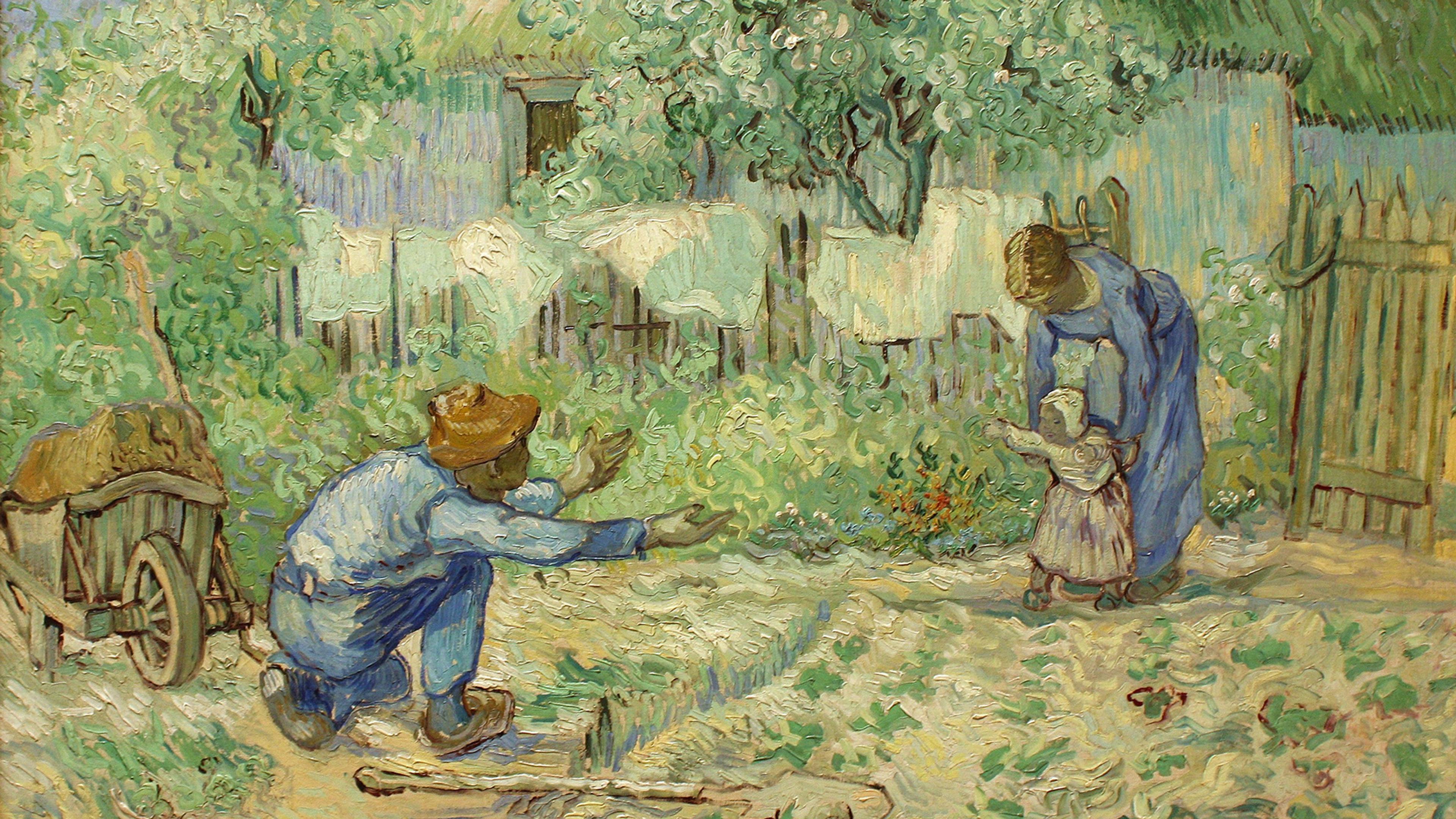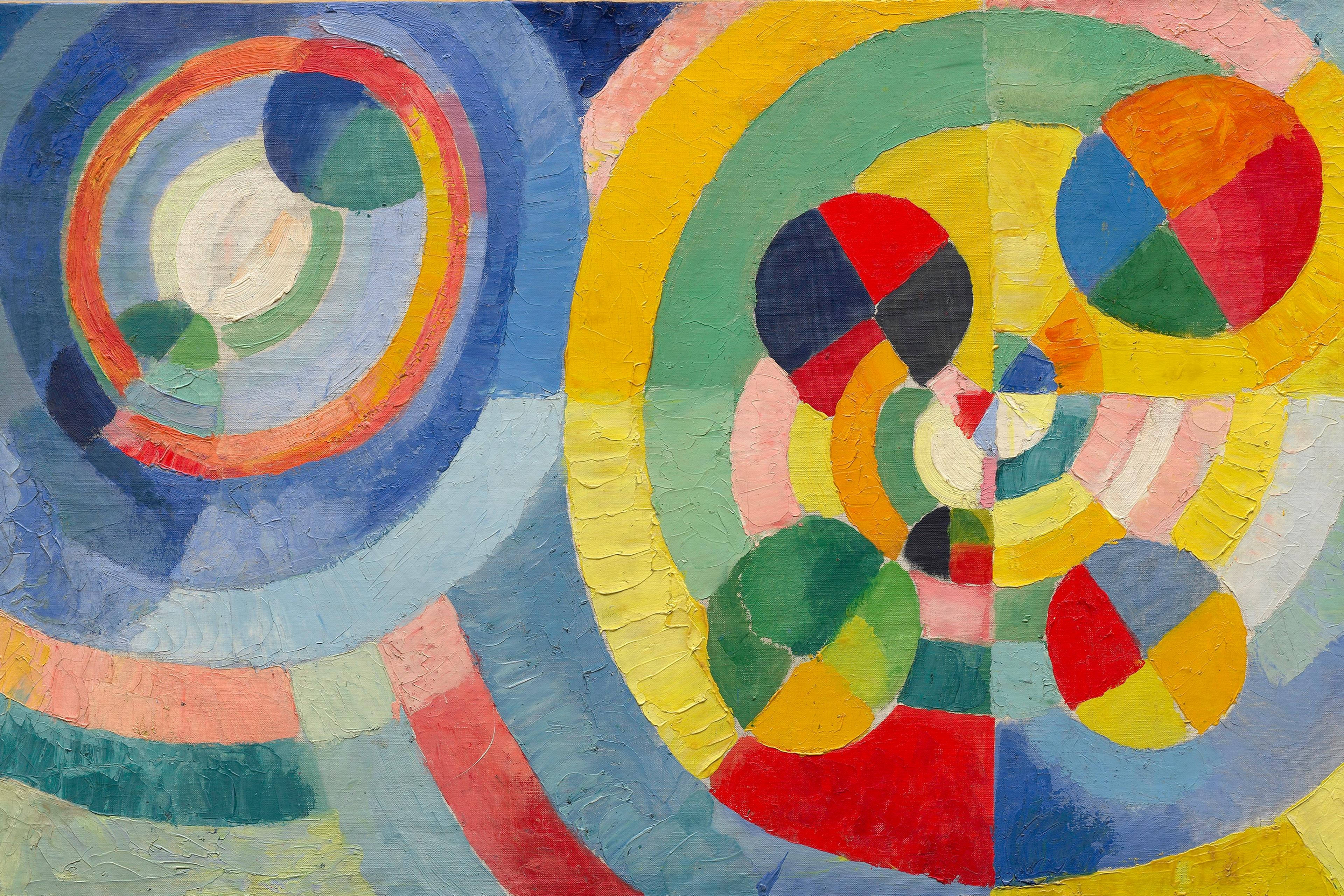Have you ever found yourself feeling envious of someone on social media? Perhaps you saw one of your peers doing something incredible and you’ve sunk into a funk about how much better that person is doing than you? Maybe a momentous birthday has sent you into an existential crisis about the way you’re spending your time? Or have you ever experienced uncertainty at moments of big change, such as a new job opportunity or following a relationship breakup?
These kinds of experiences are familiar to many of us and one solution to the problems raised by them, often suggested by therapists and coaches, is to remind yourself of what’s really important to you. Focus on what you truly value, so they say, and you’ll find that the people you really admire are not those people bragging about their accomplishments on social media, and that you have things in your life that can anchor you through the storm of a major birthday or a big change in life.
This is good advice if you already know what your values are: for instance, if your values include family, loyalty and commitment and then you discover that the person who just got a big promotion is alienated from his kids, you may realise that there’s no reason to feel jealous after all. Or let’s say your partner gets a dream job offer in another part of the country where you know no one; then you reflect on your values and see clearly how important the relationship is to you and what you’re willing to sacrifice for it.
The problem is that we don’t always know what matters or how much it matters compared with other things. Being told to identify and reflect on your values might sound straightforward, but it can be easier said than done. For this kind of reflection to be beneficial, it requires more than just being able to list your values in a superficial way. You have to really know what they are and what they mean.
You might think that knowing what matters to you is simple: just ask yourself! If you do ask, you’ll surely come up with an answer. Typically, people’s answers to the question ‘What are your values?’ will include things like family, friendship, career and health. This is a start, but it’s not enough if you want to use values to reflect on how your life is going and to give you direction for how to improve.
Take friendship, for example. It matters to almost all of us, sure, but what does that mean for how you conduct your life? What matters to you about friendship? What kinds of friendships? How many? What qualities matter to being a good friend? Career success is similar: what matters? Your title or salary? Being a good team player? Making a contribution to something worthwhile? Using your skills? Which skills? There are many different ways of valuing friendship or your career, and you can’t focus your attention on these things in the abstract.
If values are to be at the centre of our lives, they had better be something that engages our whole selves
So, how do we know what we really value, not just in general, but specifically? To answer this question, it will help to know what values are in the first place. Values are often talked about – there are family values, personal values, millennial values, corporate values, and so on – but they are rarely well defined.
If you look up ‘values’ in the dictionary, you might find them defined as beliefs: to value something is to believe that it is good or important. But if this were really what values are, then values would be disconnected from emotions such as joy, love and pride, and from our desires and motivations. Something about this seems wrong. If values are to be at the centre of our lives, they had better be something that engages our whole selves, including our wants and feelings.
An alternative everyday definition focuses more on values as feelings. But it also seems wrong to think that values are just feelings and emotions – that valuing something boils down to our raw feelings of care or attachment to it. This doesn’t seem quite right either because we can reason about our values and modify them in response to reflection.
If we’re interested in understanding our values in a deeper way that can serve important purposes, such as helping to guide our choices and evaluate the outcomes of those choices, we need a different, more holistic approach.
I propose thinking of your values not as either beliefs or desires, but as both, and more. You can think of them as special, psychologically harmonised goals. Or to put the definition in a technical way, values are relatively stable, emotionally entrenched, reflectively endorsed, important goals that exhibit patterns of mutual reinforcement.
Let’s return to friendship as an example that will help to make sense of the different components of this definition. A person who values friendship wants to have friends and wants her particular friendships to continue. She feels happy when her friends succeed, sad when they are hurt, joyful when she can spend time with them, and disappointed when she can’t. She also takes friendship to be something it makes sense to include in her plans. For example, maintaining friendships is a relevant consideration for her if she’s thinking about moving to a different city, away from good friends, for a job. When she thinks about how her life is going, one thing she attends to is the quality of her friendships. Finally, these attitudes are pretty stable, they’re not just fleeting whims.
Even the facets of values that are under the radar can have consequences
In short, to value something fully is to want it, feel certain ways about it, and believe that it’s the kind of thing you should include in your reasoning (about what to do and about how your life is going). Viewed in this way, you can see that valuing has a lot of moving parts – including intellectual and emotional components.
This has two important consequences: first, things work better for you when all the parts are working together. Inner conflict – for instance between the emotional and intellectual parts – can create problems for fulfilling your values. For instance, if you value being a high school teacher because you believe science education is extremely important, but you find yourself feeling incurably impatient and angry with the kids, it will be difficult for you to pursue your value as you currently define it. For our goal-seeking mechanisms to work smoothly, it’s best if all our psychological ‘oars’ are rowing in the same direction.
Second, you can’t be consciously aware of all the parts at the same time. Conscious attention is limited and you’re always going to have some desires and emotions that are under the surface – there, but not articulated. Unfortunately, even the facets of values that are under the radar can have consequences. Unconscious forces can prevent progress, like an anchor dragging behind the boat. This won’t be surprising to anyone who has been in therapy. Often, therapists help to uncover unacknowledged feelings and desires so that we can make progress toward our goals. Therapy isn’t the only place to see this, of course. It’s not uncommon for good friends or siblings to point out to us something that is hindering us that we haven’t noticed.
If this is what values are, how should you go about identifying, defining and refining the values that you have? You can start by introspecting. Historically, philosophers have been keen on this method. The unexamined life is not worth living, said Socrates, and the form of examination favoured in philosophy has been very intellectual. But, if values are partly emotional and not always entirely conscious, rational examination isn’t going to tell you everything you need to know. If you pay attention only to what you consciously say, you will miss what you love but are afraid to admit and what you hate but are in denial about hating. What to do instead?
Flow states can clue you in to activities that fit well
To encourage hidden forces to reveal themselves, it can help to engage your imagination. Philosophical thought experiments could be helpful here. For example, picture that you have to vacate Earth to go live on another planet and you can only take a few things with you on the spaceship. What would you take? My guess is that the first thing most of us would insist on bringing with us is other people. But after that, what? Music? Sports equipment? Cats and dogs? Whatever you choose, it says something about your values. I would bring my ukulele; the thought of not being able to make music is a very sad one for me (and the uke doesn’t take up much room!) This makes me realise how much I value music, even if I’m not currently making time for it in my life. Imaginative exercises like this can help get at what’s under the hood, which will help you understand what really matters to you.
It can also be helpful to pay attention to bodily symptoms of stress, such as acid reflux, headaches, or insomnia, and emotional currents, such as boredom and flow. If you find that you’ve committed yourself to some goal that consistently makes you yawn and look at your watch, that’s some evidence that it isn’t something you wholeheartedly value. If reading Crime and Punishment feels like punishment, maybe your head is into understanding Dostoyevsky’s novels, but not the rest of you. Flow states can clue you in to activities that fit well. If you find that you lose yourself in the moment when you dance around the living room, or sing in the shower, maybe the value of music should be a focus in your life. If you find that you are completely in the zone when you cook, or play hockey, or write haiku, that’s evidence that these are good values for you to highlight in your life.
With a deeper understanding of what values are, you’ll see that figuring out what your own values are requires more than sitting and thinking about them. You have to pay attention to what you do about your values and how you respond emotionally when you’re working towards them. Take care though, because appropriate reflection also doesn’t mean questioning everything all the time. Constant reflection is counter-productive, because if you’re forever asking what you really value, you aren’t making progress doing what you value. So, aim for moderate and occasional reflection of the right kind. There isn’t a single prescription for how often to reflect, but we can glean some wisdom from the ages: the start of the new year, your birthday, and a vacation from work are good times to reflect. It makes sense to cultivate a habit of reflection at these occasions, rather than waiting until you are in crisis, because crisis does not lend itself to open, accurate assessment of your whole self.
Knowing what you value and making it the focus of your life will not mean you are never sad, or disappointed, or envious of other people on social media, and it won’t cure every existential crisis. The world does not always cooperate with the pursuit of what matters – there are obstacles from other people, the environment, and sometimes from our own conflicting values. But I have found that the more I’m clear about what is important to me, the less I am inclined to worry about what others are doing and whether I’m making the right choices in my limited time on earth. The more I focus on what matters, the more energy I have to overcome challenges. Knowing what really matters to your whole self will help you orient your life around the right things – the things that fit who you are and bring you deep satisfaction.








